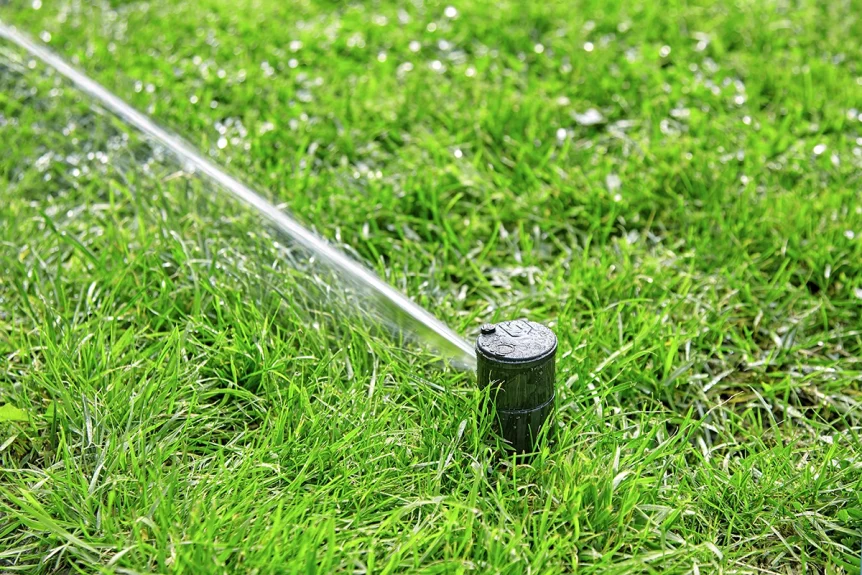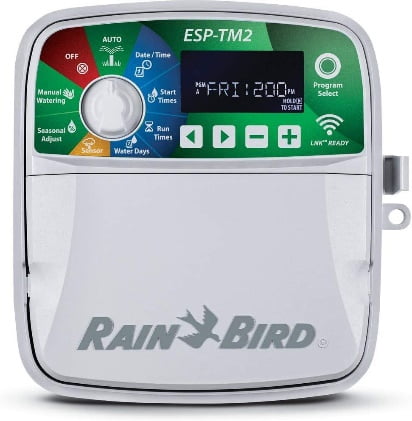Understanding Residential Irrigation System Costs Irrigation system costs typically range from $3,000 to $5,000 for a quarter-acre lot, while larger or more complex estates can exceed $15,000. These figures include professional irrigation installation, high-quality components, and mandatory statutory items like backflow prevention devices. Consequently, homeowners should invest in a professional site audit to receive an accurate quote tailored to their …
Installing your own irrigation system
Why DIY Irrigation Might Cost You More in the Long Run Many homeowners love a good weekend project. You might think installing your own irrigation system will save you a lot of money. However, this task is much more complex than it first appears. While you might save on labor initially, mistakes can become very expensive. Most DIY enthusiasts find …
Lawn & Landscape Maintenance Tips
How to Take Advantage of Lawn & Landscape Maintenance Tips To optimize your yard, you must combine proper species selection, precise mowing, and a professional irrigation installation that adapts to seasonal water demands. High-quality maintenance involves applying nitrogen-rich fertilizers during active growth phases and utilizing smart controllers to prevent water waste. By following these structured Lawn & Landscape Maintenance Tips, …
Irrigation System Costs
What Does it Cost to Install a Landscape Irrigation System? The short answer is ‘it depends’. It depends on the size and shape and grade of the property, as well as the location of trees and configuration of plantings, turf areas, hardscapes, and pools; the water source that will be used to supply the irrigation system; and whether or not …
Everything You Need to Know About Irrigation System Controllers
What Controllers Do Depending on the size of the property, landscape irrigation systems can have between one and one hundred different zones for water distribution. Each zone serves a different part of the property and is operated independently and sequentially for a specific interval each day or every few days. Properly arrayed zones ensure that, after factoring for water pressure …





